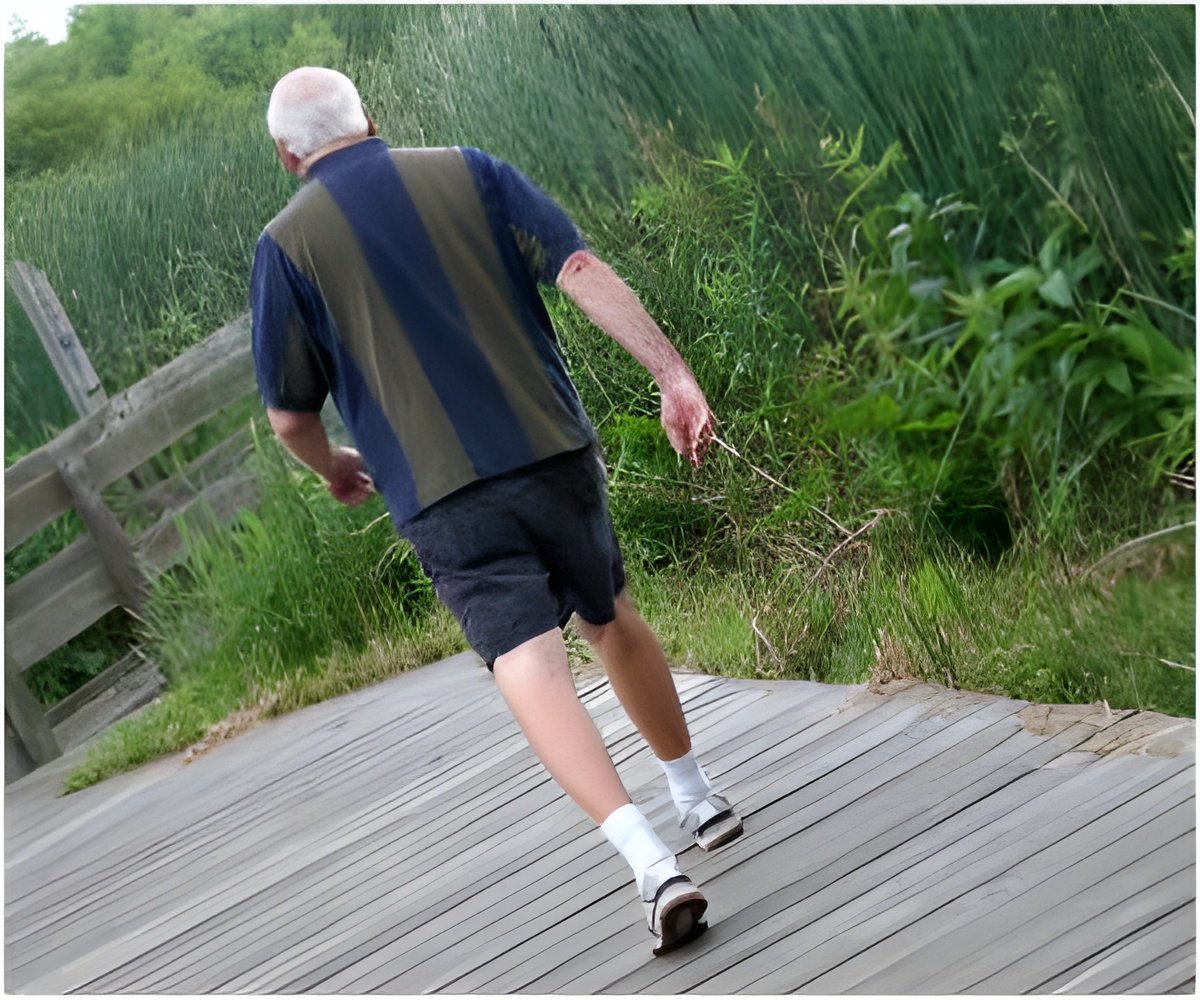
‘Training programs like carrying items on uneven surfaces, going up and down and opening and closing doors along with prevention strategies could help older adults.
’
Tweet it Now
The New York University findings are being used to develop and pilot an outdoor fall prevention program. Approximately 30 percent of adults age 65 and older fall each year, with serious consequences for both the individual and the health care system. Although falls have been well studied, the focus has been on indoor falls rather than outdoor falls. Yet, research shows that 48 percent of the most recent falls among older adults and up to 72 percent among middle-aged adults occur outdoors.
Although there are similarities in the risk factors for falling indoors and outdoors, such as depression, fall history, and use of certain medications, there are also a number of differences.
People who fall outdoors are more likely to be male, younger, active, and fast walkers. In addition to physical injuries such as open wounds, head injuries, and fractures, outdoor falls can have emotional consequences, including fear and anxiety about falling again.
A high proportion of adults surveyed - 85 people or 71 percent - had fallen outdoors in their adult years. Of those who had experienced an outdoor fall, 28 had minor injuries such as scrapes and bruises, 18 had moderate injuries with prolonged pain or soreness, and nine had severe injuries such as fractures, rotator cuff injuries, or injuries requiring stitches or surgery.
Advertisement
For example, older adults should be educated on the importance of wearing single vision glasses and proper footwear, which have been flagged as common causes for falls. They should also be educated on the risks associated with recreation areas and parking lots or garages, since these have been shown to be common fall locations.
Advertisement
Education around safe outdoor walking strategies (e.g. avoiding distractions, navigating sloped and uneven surfaces, and walking slower) would also be beneficial. The study is published in the Archives of Gerontology and Geriatrics.
Source-ANI









